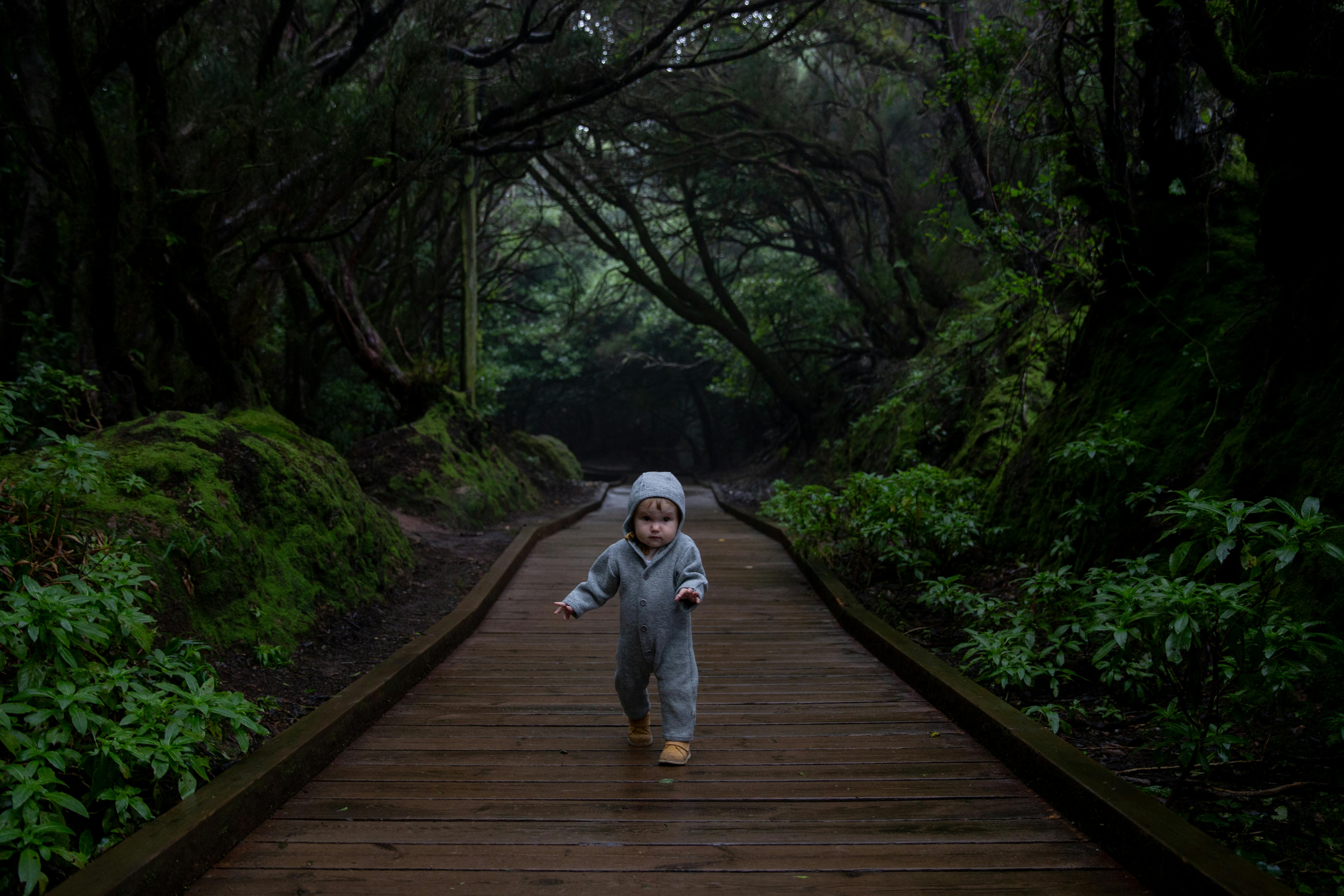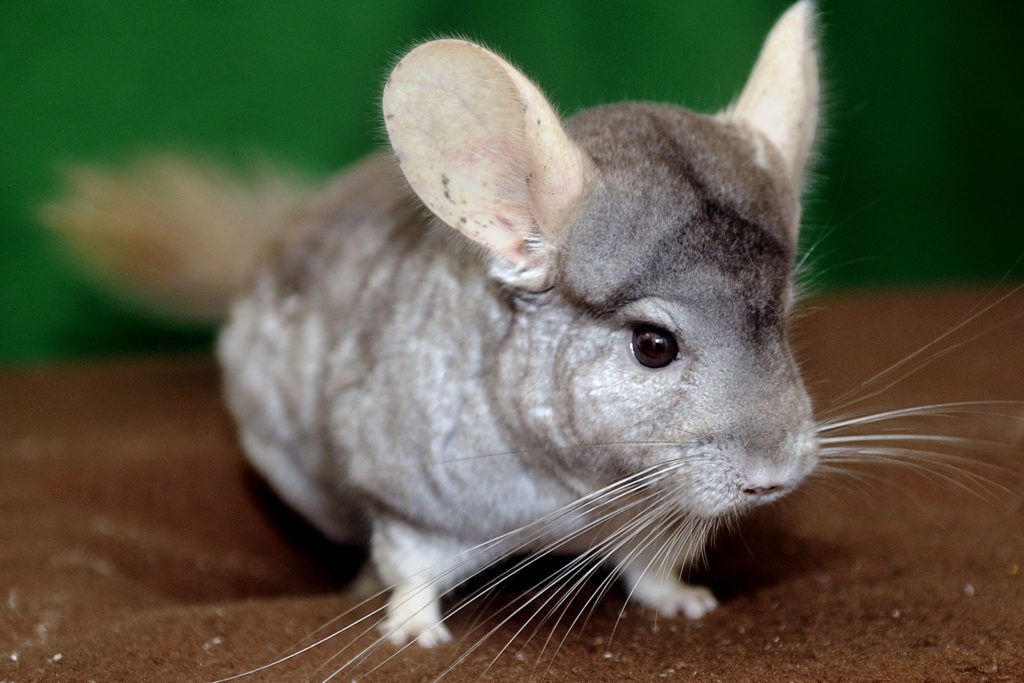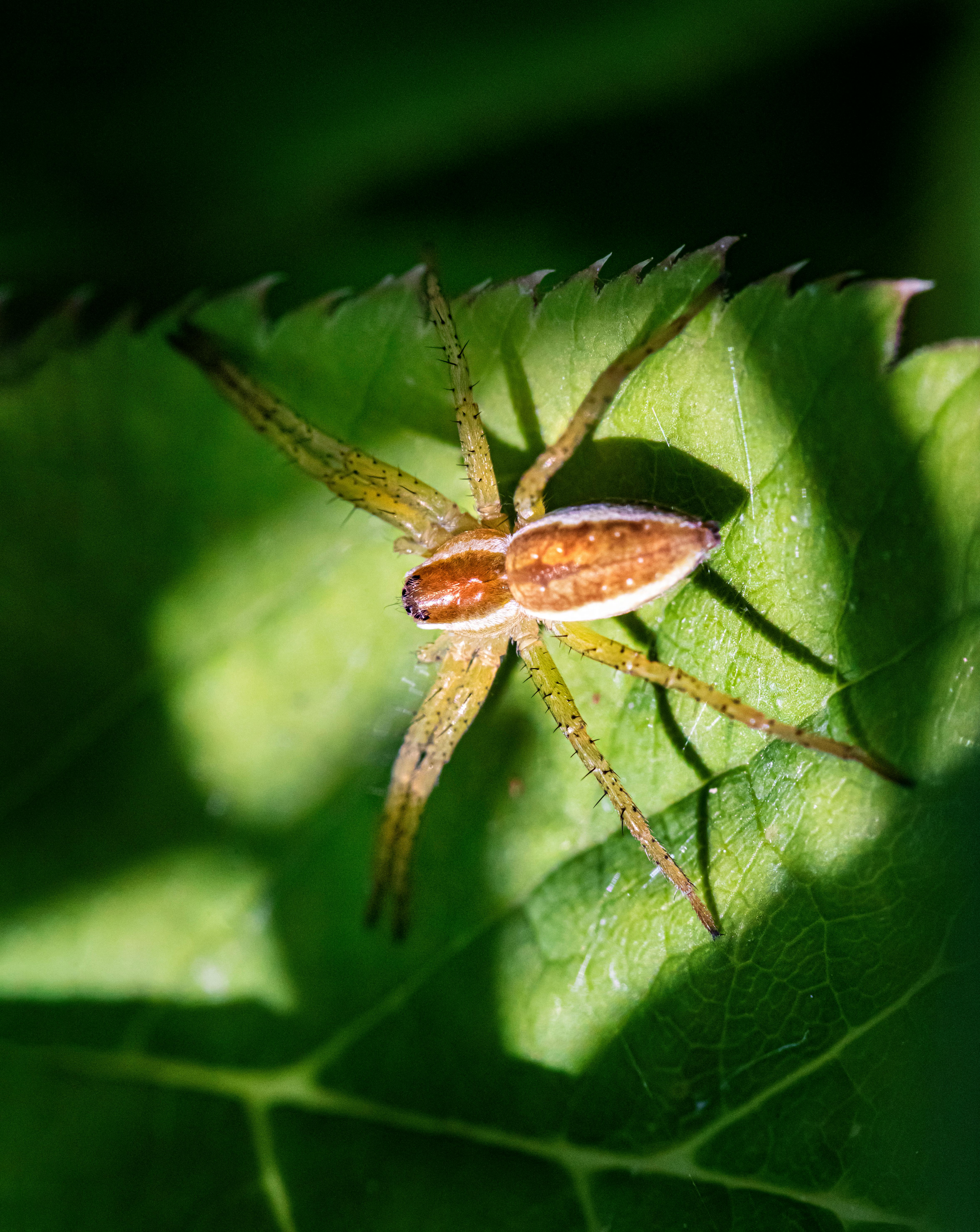
Apply Now


Top 5 Ways to Care for Your Baby Jack Rabbit in 2025
As adorable as they are, baby jack rabbits require specific care to thrive as pets. Understanding their needs not only helps ensure their health and happiness but also enriches the experience of being a rabbit owner. With the right approach, your baby rabbit can grow into a playful and affectionate companion. In this guide, we will explore the top five essential ways to care for your baby jack rabbit in 2025, covering various aspects including feeding, housing, and socialization. By the end of this article, you'll be well-prepared to provide a loving and supportive environment for your new furry friend.1. Feeding Baby Rabbits: Nutrition Essentials
Feeding baby rabbits properly is critical to their health and development. Their diet should consist mainly of high-quality hay, such as timothy or alfalfa, alongside fresh vegetables and specially formulated pellets. Start introducing pellets gradually to avoid digestive issues. When selecting fresh greens, choose rabbit-safe vegetables like romaine lettuce or cilantro, avoiding harmful ones such as iceberg lettuce. Additionally, fresh water should always be available to keep them hydrated. Experts recommend monitoring the consumption habits of your baby rabbit. Signs of a healthy rabbit include regular eating and drinking, while any sudden changes in diet may indicate health issues. Understanding these feeding guidelines ensures your baby rabbit thrives and grows strong.2. Creating a Safe and Comfortable Habitat
A suitable habitat is crucial for your baby jack rabbit's well-being. Indoor rabbits require a safe space that mimics natural conditions while offering comfort. A large, clean enclosure with appropriate bedding materials enhances their comfort and hygiene. Adequate ventilation and room for movement are vital components of a rabbit's living space. Consider adding nesting materials and hiding spots to give them a sense of security. Platforms for climbing and burrowing can replicate their natural instincts and encourage exercise. Moreover, it’s essential to rabbit-proof your home, ensuring that cords, toxic plants, and sharp objects are out of reach. By creating a safe environment, you foster a sense of security that allows your baby rabbit to flourish.3. Rabbit Behavior and Socialization Techniques
Understanding rabbit behavior is key to developing a strong bond with your baby jack rabbit. Rabbits are social animals and thrive in environments where they can interact with humans and, if possible, other rabbits. Early socialization helps them become affectionate and well-adjusted pets. Spend time daily handling your rabbit gently to build trust. Use treats to encourage positive associations with human interaction. Observe their behaviors, as signs of stress or discomfort may indicate the need for a change in approach. Creating a safe playtime routine is vital for their mental stimulation and well-being. Use appropriate toys that cater to their chewing habits and provide opportunities for exploration. Engaging with your baby rabbit lets them exercise their instincts while also enhancing your bond.4. Litter Training and Hygiene Practices
Litter training your baby jack rabbit is one of the essential steps for maintaining cleanliness in your home. Start by introducing a litter box in their living space, using rabbit-friendly litter materials like paper-based or wood pellets. Place the box in areas where your rabbit frequently urinates and reward them for using it. Consistency is critical; reinforce good behavior with treats. Over time, your baby rabbit will develop positive habits around litter use. Maintaining hygiene goes beyond just litter training. Regular grooming is essential for their coat health, and checking for signs of common rabbit diseases helps ensure they remain healthy. Keeping their habitat clean and ensuring proper acreage for playtime are also necessary components of rabbit care.5. Engaging Playtime and Enrichment Activities
Playtime is vital for your baby jack rabbit's emotional well-being. Rabbits thrive in environments filled with enrichment activities that stimulate their instincts and keep them active. Offer a variety of toys, from chewable items to tunnels for exploration. Rotate toys frequently to maintain their interest, and consider setting up obstacle courses using safe household items to provide engaging activities. Observing your rabbit's unique personality during play helps you understand what they enjoy the most. Additionally, providing daily exercise opportunities encourages healthy movement. Allowing supervised outdoor time can enhance their play experience, just ensure that their environment is secure and rabbit-safe.Q&A Section: Common Questions About Baby Jack Rabbits
What should I feed my baby jack rabbit?
A balanced diet for baby jack rabbits includes high-quality hay, rabbit pellets, and fresh vegetables. It’s essential to introduce new foods gradually to avoid digestive issues.How can I socialize my baby rabbit?
Spend quality time with your rabbit daily, using gentle handling and treats to build a positive bond. Encourage interactive playtime to foster a strong relationship.What are the signs of a healthy rabbit?
Healthy rabbits are active and curious, maintain a regular eating schedule, and have clean fur without any signs of distress. Regular vet check-ups can help monitor their health.How can I litter train my baby rabbit?
Introduce a litter box filled with appropriate litter materials in their space. Observe where they naturally tend to relieve themselves and reinforce these habits with treats and praise.What type of toys are best for rabbits?
Rabbits enjoy chewable toys, tunnels, and interactive items. Look for rabbit-safe materials and change them frequently to keep your baby rabbit engaged.
